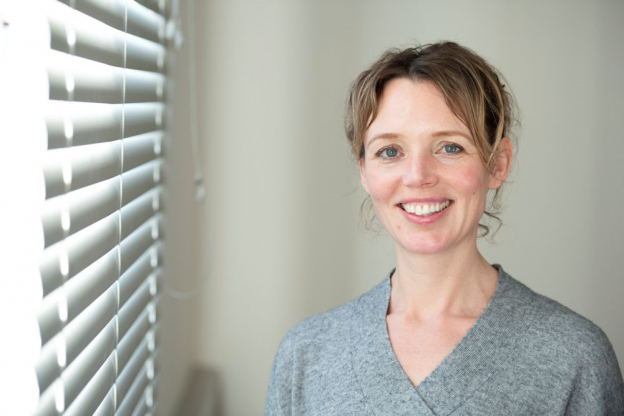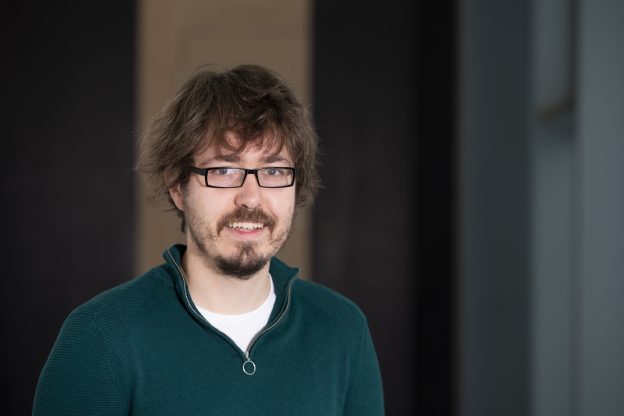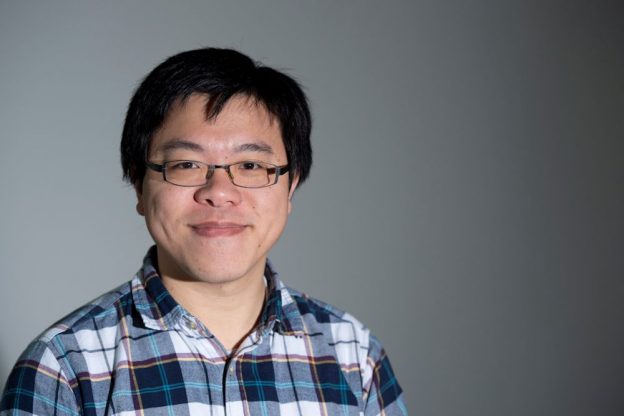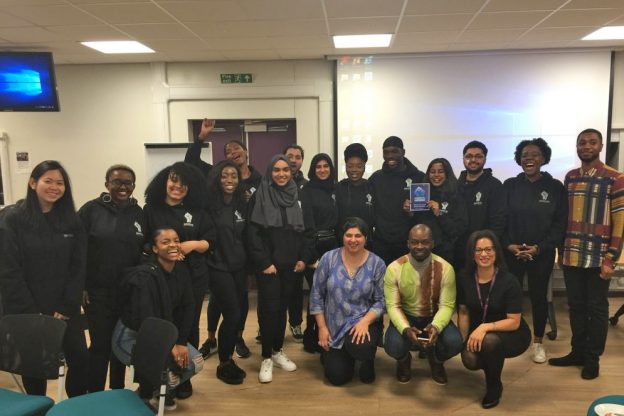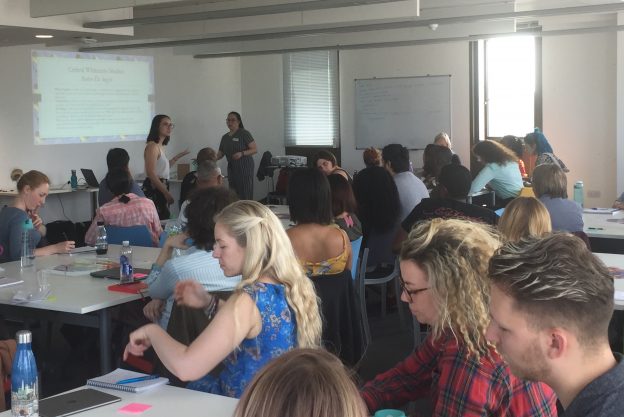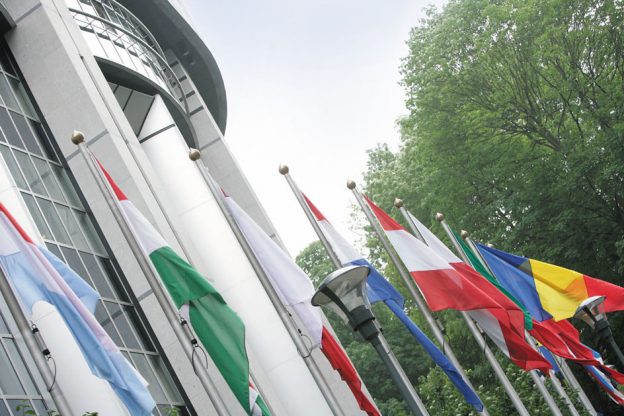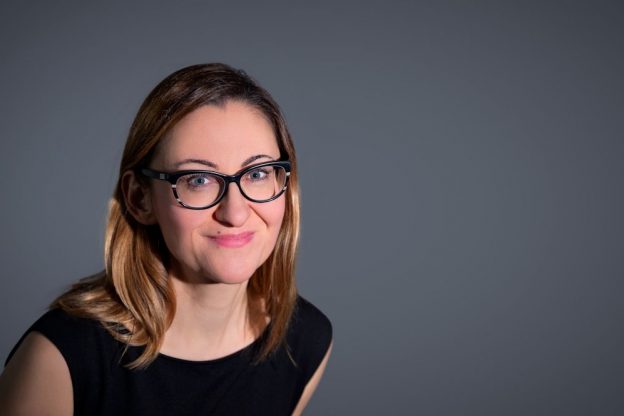Dr Anna Katharina Schaffner, Reader in Comparative Literature and Medical Humanities in the Department of Comparative Literature, has written a lead review article, ‘‘Weighty matters’ on the cultural history of fat and fat phobia’, which has been published in The Times Literary Supplement.
In recent decades, the British population has grown in girth. The NHS England obesity report for 2017 found that 58 per cent of women and 68 per cent of the men were overweight or obese, as well as one in five children aged three to four, and more than one in three children aged ten to eleven. Yet in spite of their steadily growing numbers, the overweight are still subject to contempt and discrimination. This article goes on to explore key assumptions in the popular imagination that seemingly legitimise fat-shaming, as well as the long history of our slippery relationship with fat.
‘Fat is ultimately a political topic,’ Anna says, ‘Whether we view the obese primarily as victims of poverty, childhood troubles, genetic predisposition, hormonal imbalances, or a ruthless food industry, or else as weak-willed wasters of precious resources depends on our wider ideological assumptions about human nature and agency.’
